DevOps Roadmap 2025: The Ultimate Guide to Mastering DevOps in 2025 🚀
 Lakshay Dhoundiyal
Lakshay DhoundiyalTable of contents
- Introduction: What is DevOps? 🤔
- Why Learn DevOps in 2025? The Demand and Future Prospects 🚀
- DevOps Roadmap 2025: Step-by-Step Guide 📈
- 1. Learn the Basics of Software Development and Operations (Month 1-2) ⏳
- 2. Version Control Systems (Month 3) 🔄
- 3. Continuous Integration (CI) and Continuous Delivery (CD) (Month 4) ⚙️
- 4. Infrastructure as Code (IaC) (Month 5-6) 🏗️
- 5. Containerization and Orchestration (Month 7-8) 🐳
- 6. Monitoring and Logging (Month 9) 📊
- 7. Security in DevOps (DevSecOps) (Month 10-11) 🔐
- 8. Cloud Providers and DevOps (Month 12) ☁️
- Example Git Command for Version Control:
- CI/CD Pipeline Example:
- Tools Comparison Table:
- Bonus: Advanced DevOps Topics for 2025 🔥
- Conclusion:
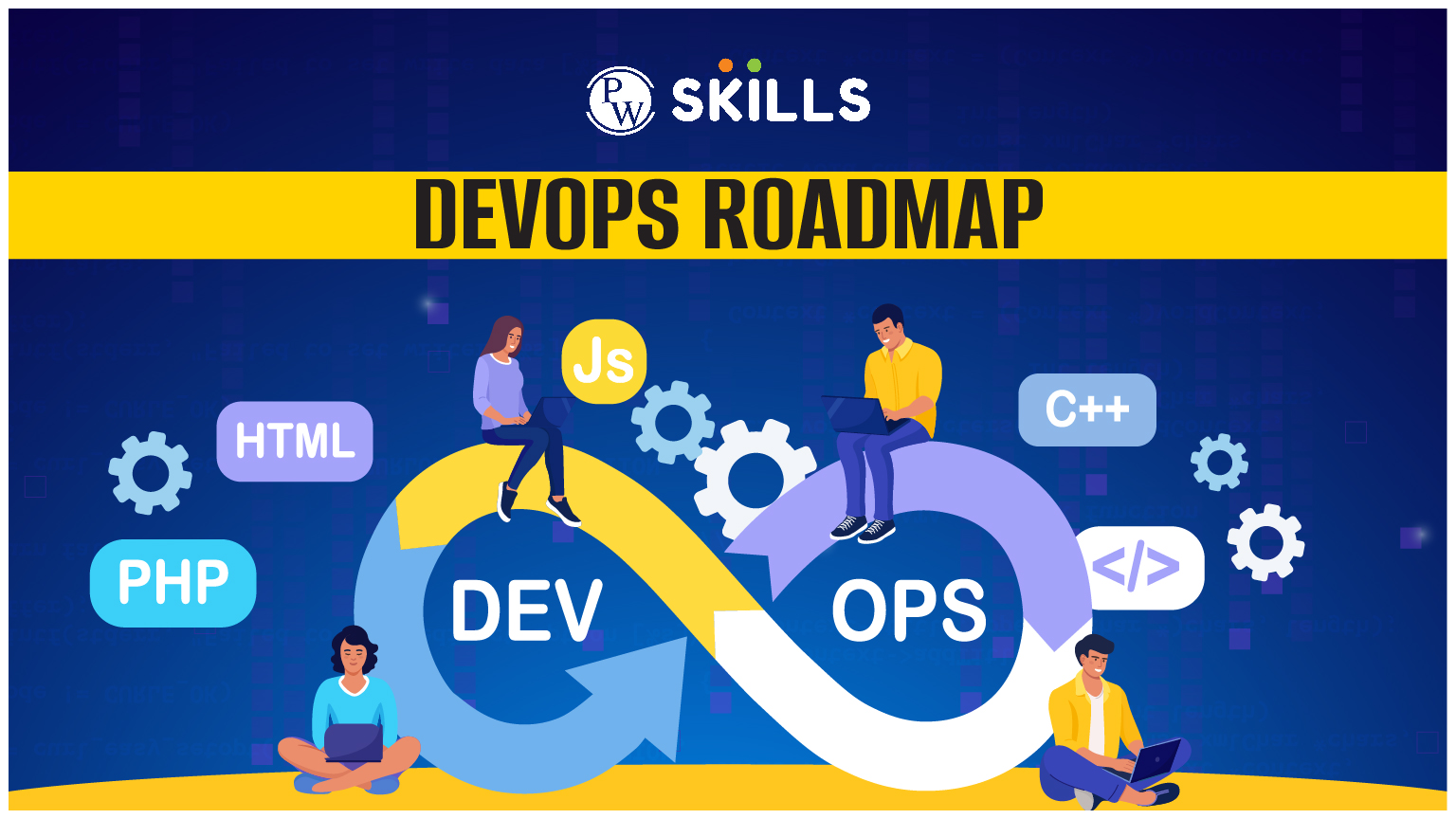
Introduction: What is DevOps? 🤔
DevOps is a cultural and professional movement that bridges the gap between software development (Dev) and IT operations (Ops). By automating and integrating the workflows, DevOps ensures faster software delivery and continuous improvement. DevOps practices enable organizations to achieve shorter development cycles, improved deployment frequency, and more stable operating environments. With 2025 just around the corner, it's crucial to have an up-to-date roadmap to guide you through the key concepts, tools, and practices that will define DevOps in the coming year.
Why Learn DevOps in 2025? The Demand and Future Prospects 🚀
DevOps is no longer a buzzword; it’s an industry standard. Here’s why you should consider learning DevOps in 2025:
High Demand for DevOps Professionals 📈
The demand for skilled DevOps engineers has been growing rapidly and is expected to continue in 2025. As businesses strive for faster delivery of high-quality software, the need for DevOps practitioners is more critical than ever.Future-Proof Your Career 🔮
With cloud technologies, automation, and microservices taking over, DevOps will only become more integral in the future. By mastering DevOps now, you'll position yourself for success in the tech industry for years to come.Competitive Salaries 💸
DevOps professionals are among the highest-paid positions in IT. Companies are willing to offer top salaries to candidates with DevOps skills due to the value they bring in improving software delivery and infrastructure management.Diverse Career Opportunities 🌍
DevOps skills open doors to various job roles in different industries, such as healthcare, finance, e-commerce, and more.
DevOps Roadmap 2025: Step-by-Step Guide 📈
In this comprehensive roadmap, we break down every phase of the DevOps journey, with clear timelines, key concepts, and suggested resources to help you master DevOps.
1. Learn the Basics of Software Development and Operations (Month 1-2) ⏳
Before diving into DevOps, it's essential to have a basic understanding of software development and operations. If you’re new to the field, start with these core concepts:
Software Development Lifecycle (SDLC) 🛠️
Version Control Systems (VCS) (Git, GitHub) 🗂️
Operating Systems (Linux Basics) 🖥️
Key Concepts:
Agile Methodology
Continuous Integration (CI) and Continuous Delivery (CD)
Cloud Computing
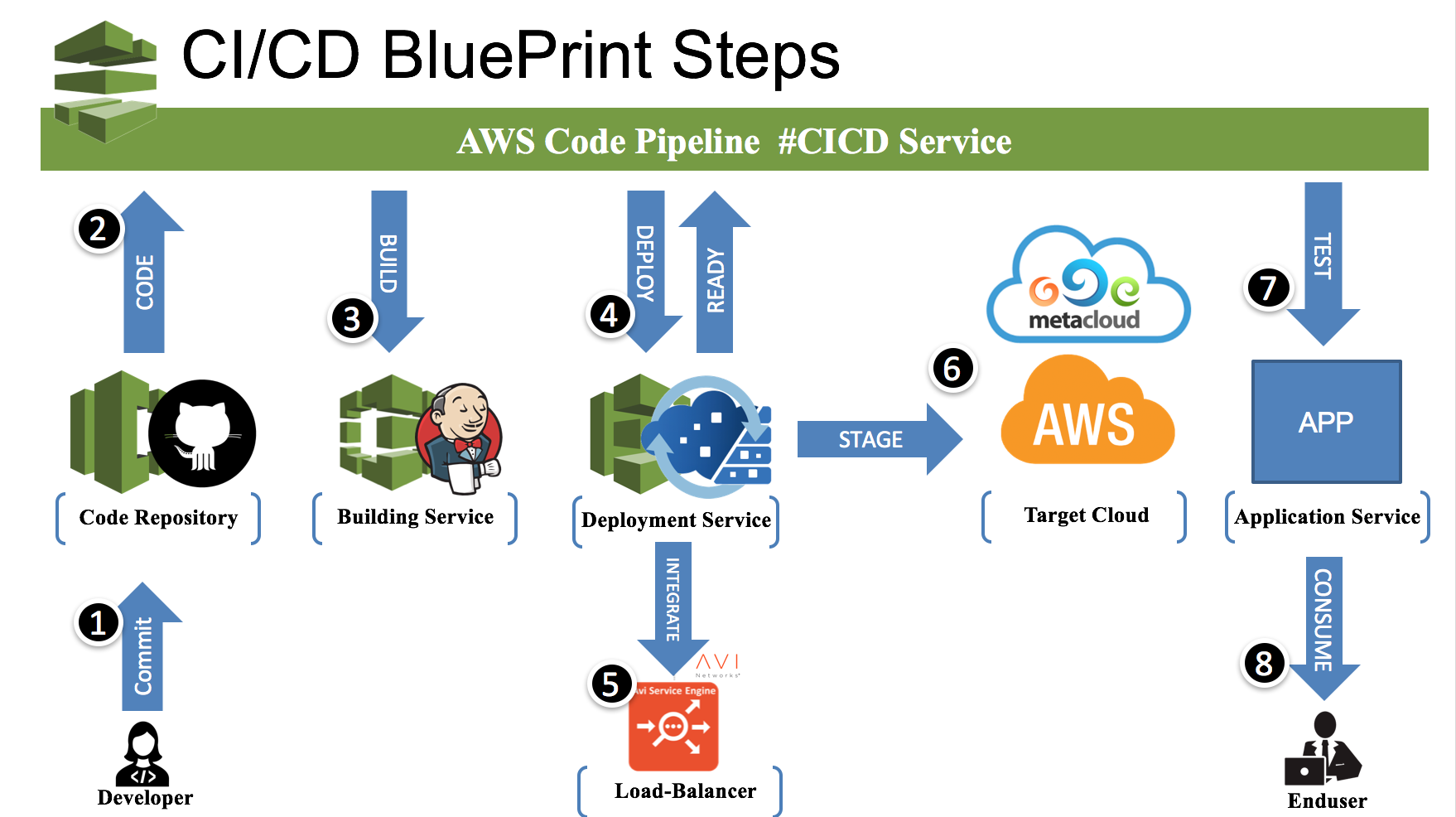
Suggested Resources:
2. Version Control Systems (Month 3) 🔄
Mastering version control is critical to managing code efficiently. You need to be proficient in Git and platforms like GitHub or GitLab.
Key Concepts:
Git Commands
Branching, Merging
Pull Requests
Suggested Resources:
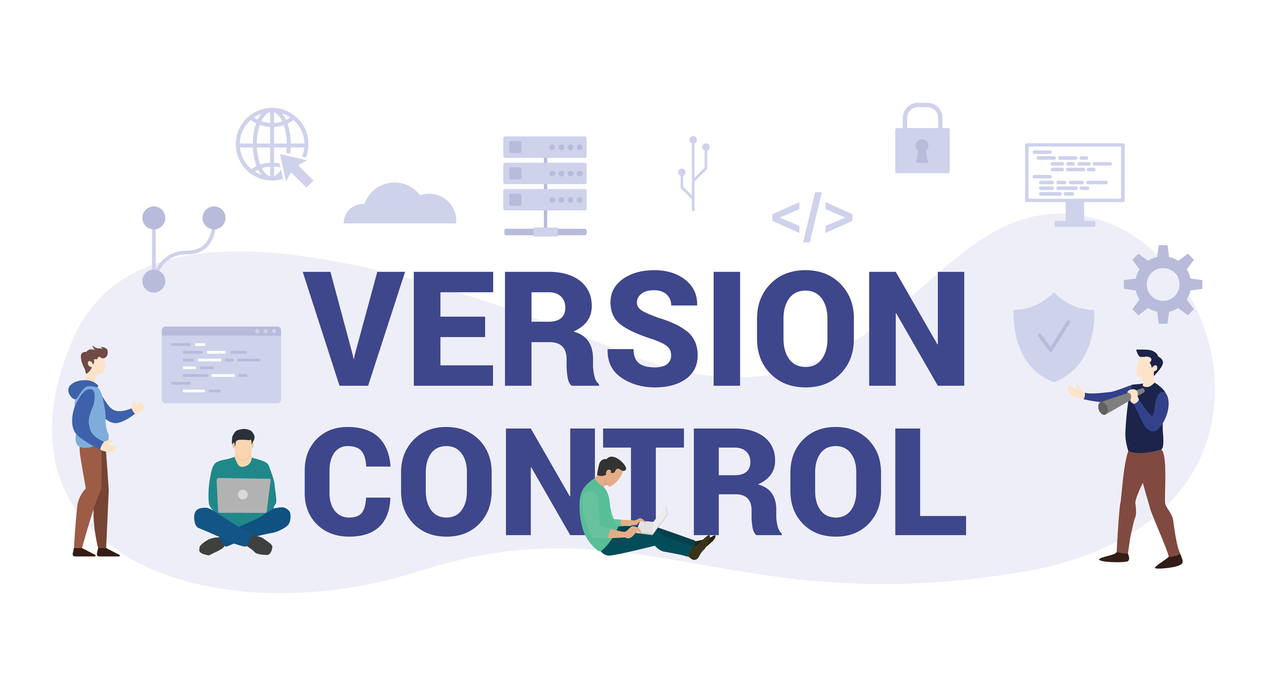
3. Continuous Integration (CI) and Continuous Delivery (CD) (Month 4) ⚙️
DevOps heavily relies on CI/CD pipelines to automate software building, testing, and deployment. By learning CI/CD, you can ensure continuous code quality and fast deployments.
Key Concepts:
Jenkins, Travis CI, CircleCI
Pipelines, Stages, Jobs
Automating Tests
Suggested Resources:
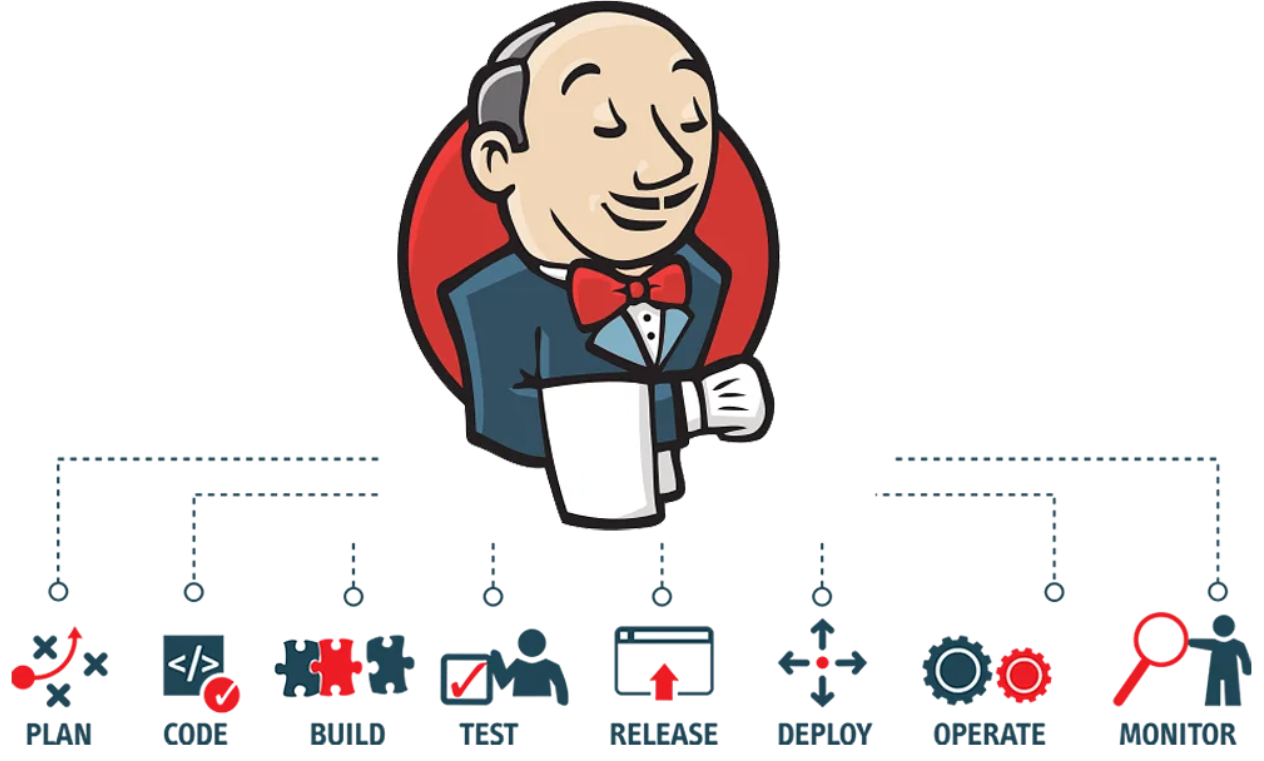
4. Infrastructure as Code (IaC) (Month 5-6) 🏗️
IaC is a key concept in DevOps that automates the provisioning of infrastructure. Popular tools include Terraform and AWS CloudFormation.
Key Concepts:
Terraform Basics
Writing Infrastructure Code
Managing Cloud Infrastructure
Suggested Resources:
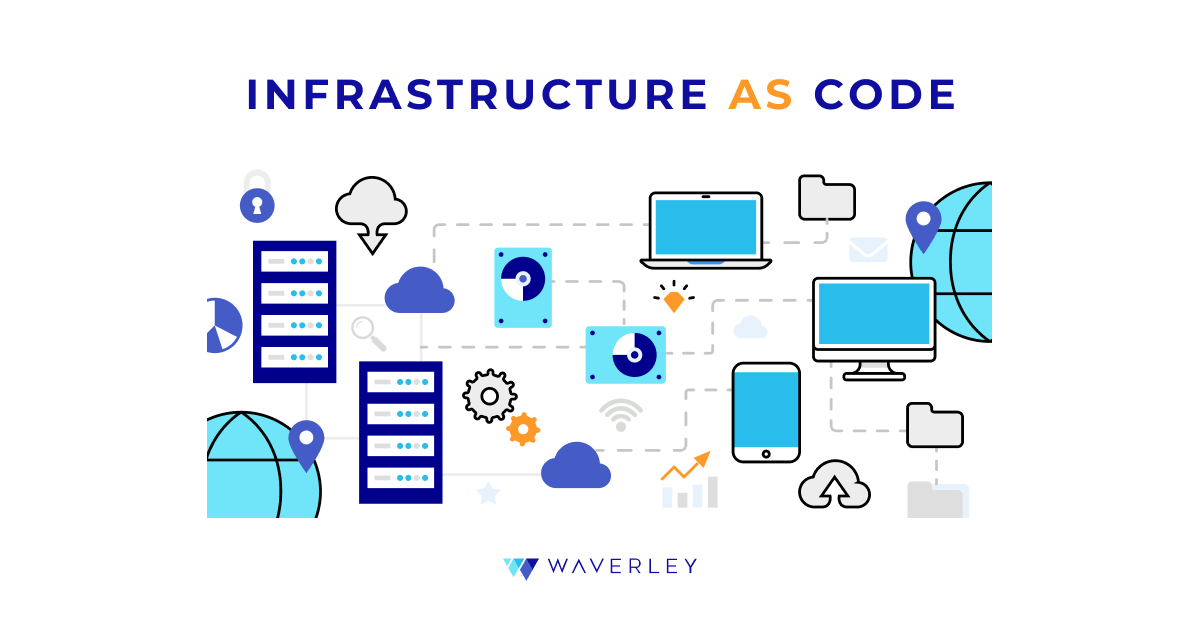
5. Containerization and Orchestration (Month 7-8) 🐳
Containers are at the heart of DevOps because they allow applications to run consistently across different environments. Docker and Kubernetes are key players.
Key Concepts:
Docker Containers and Images
Kubernetes for Orchestration
Docker Compose
Suggested Resources:
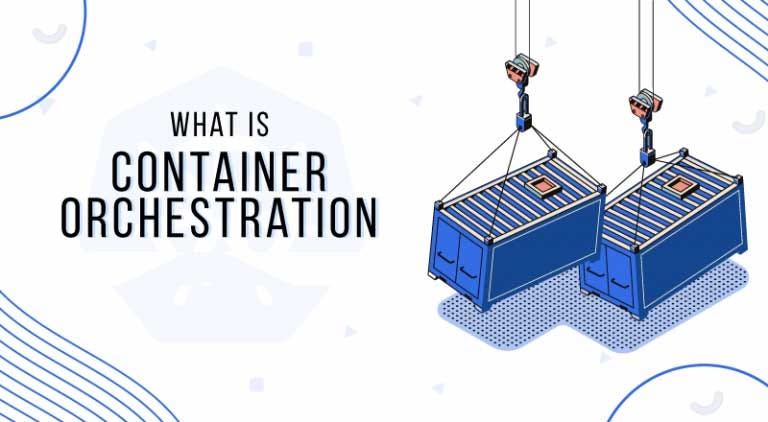
6. Monitoring and Logging (Month 9) 📊
Monitoring and logging are essential to ensure the performance and stability of applications in production. Learn to use tools like Prometheus, Grafana, and ELK Stack.
Key Concepts:
Prometheus and Grafana Setup
Log Management (ELK Stack)
Alerts and Dashboards
Suggested Resources:
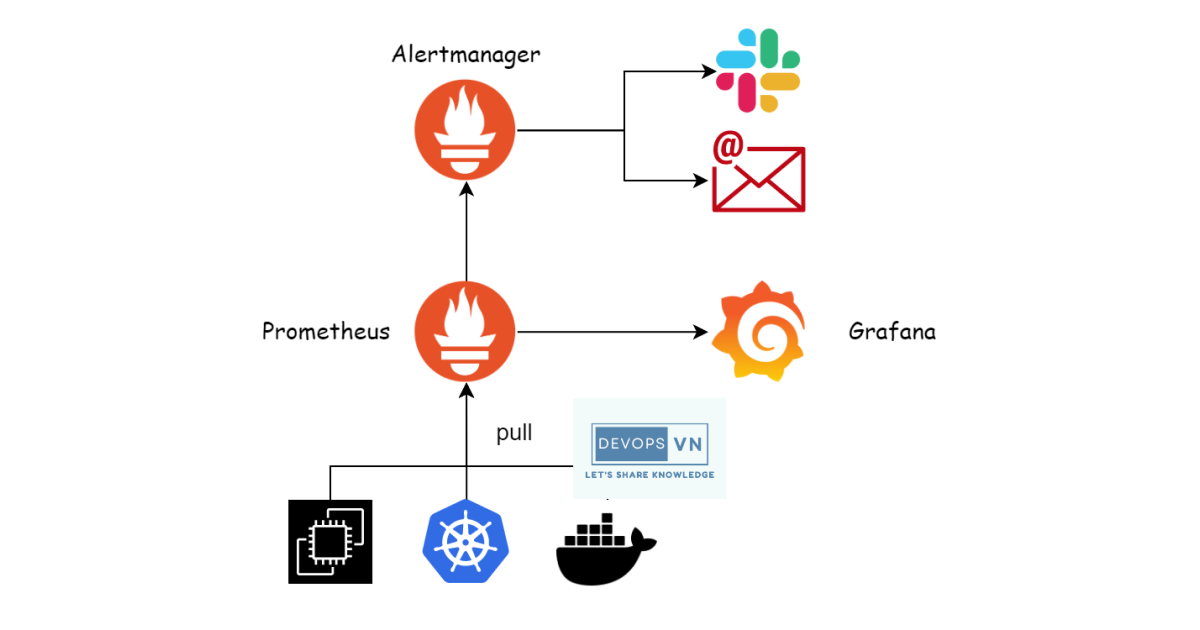
7. Security in DevOps (DevSecOps) (Month 10-11) 🔐
Security is a crucial aspect of DevOps, and DevSecOps ensures that security is integrated into every phase of the DevOps pipeline.
Key Concepts:
Automating Security Tests
Vulnerability Scanning
Secure DevOps Tools
Suggested Resources:
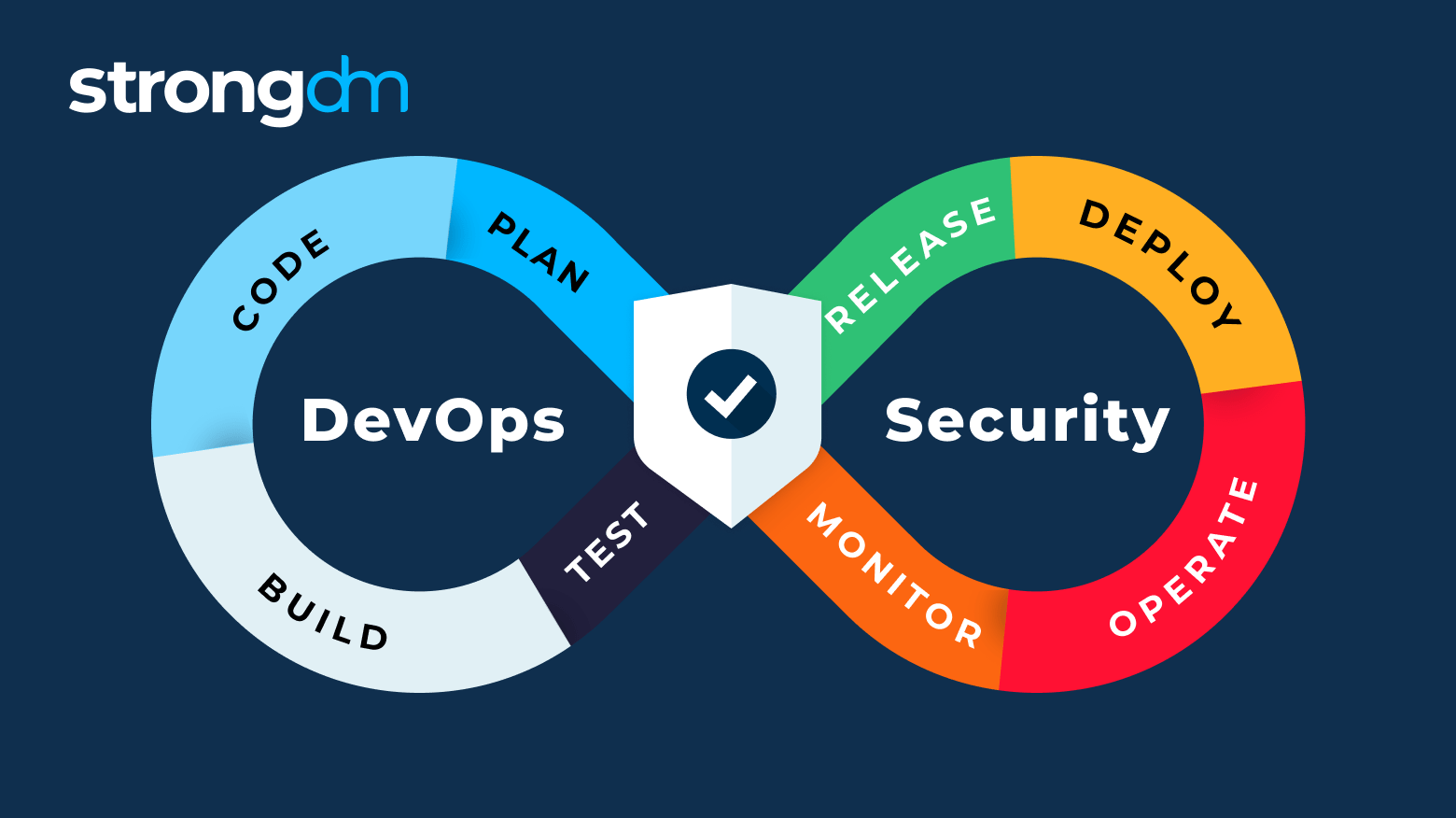
8. Cloud Providers and DevOps (Month 12) ☁️
DevOps often relies on cloud platforms for deployment, scalability, and flexibility. Gain experience with AWS, Azure, or Google Cloud.
Key Concepts:
AWS, Azure, Google Cloud Services
Deploying Applications on the Cloud
Managing Cloud Infrastructure
Suggested Resources:
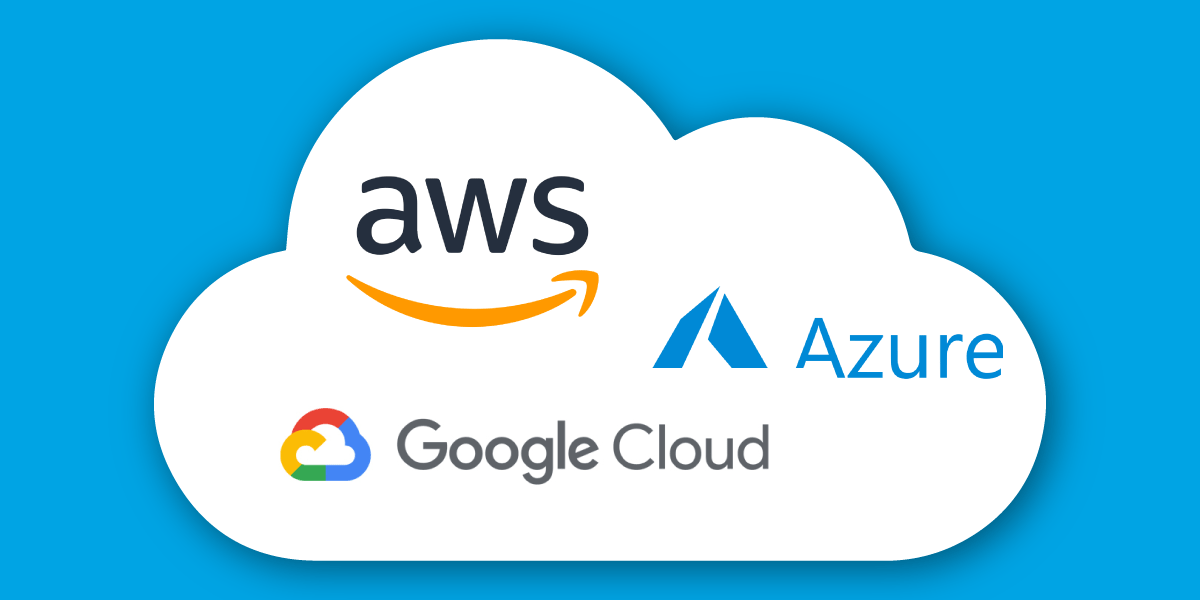
Example Git Command for Version Control:
# Initialize a new Git repository
git init
# Check the status of your repo
git status
# Commit changes
git commit -m "Initial commit"
# Push changes to GitHub
git push origin main
CI/CD Pipeline Example:
Here’s an example of a simple Jenkins pipeline:
pipeline {
agent any
stages {
stage('Build') {
steps {
echo 'Building project...'
}
}
stage('Test') {
steps {
echo 'Running tests...'
}
}
stage('Deploy') {
steps {
echo 'Deploying to production...'
}
}
}
}
Tools Comparison Table:
| Tool | Use Case | Learning Resources |
| Git | Version Control | Git Documentation |
| Jenkins | CI/CD Automation | Jenkins Docs |
| Docker | Containerization | Docker Docs |
| Kubernetes | Container Orchestration | Kubernetes Docs |
Bonus: Advanced DevOps Topics for 2025 🔥
For those looking to go above and beyond, here are some advanced topics to explore:
GitOps 🌐 - Managing Infrastructure with Git as a source of truth.
Service Meshes 🌊 - Manage microservices communication using Istio or Linkerd.
Chaos Engineering 💥 - Introduce faults to ensure system resilience using tools like Gremlin or Chaos Monkey.
Serverless Architecture 🔌 - Building scalable applications without managing servers.
Suggested Resources:
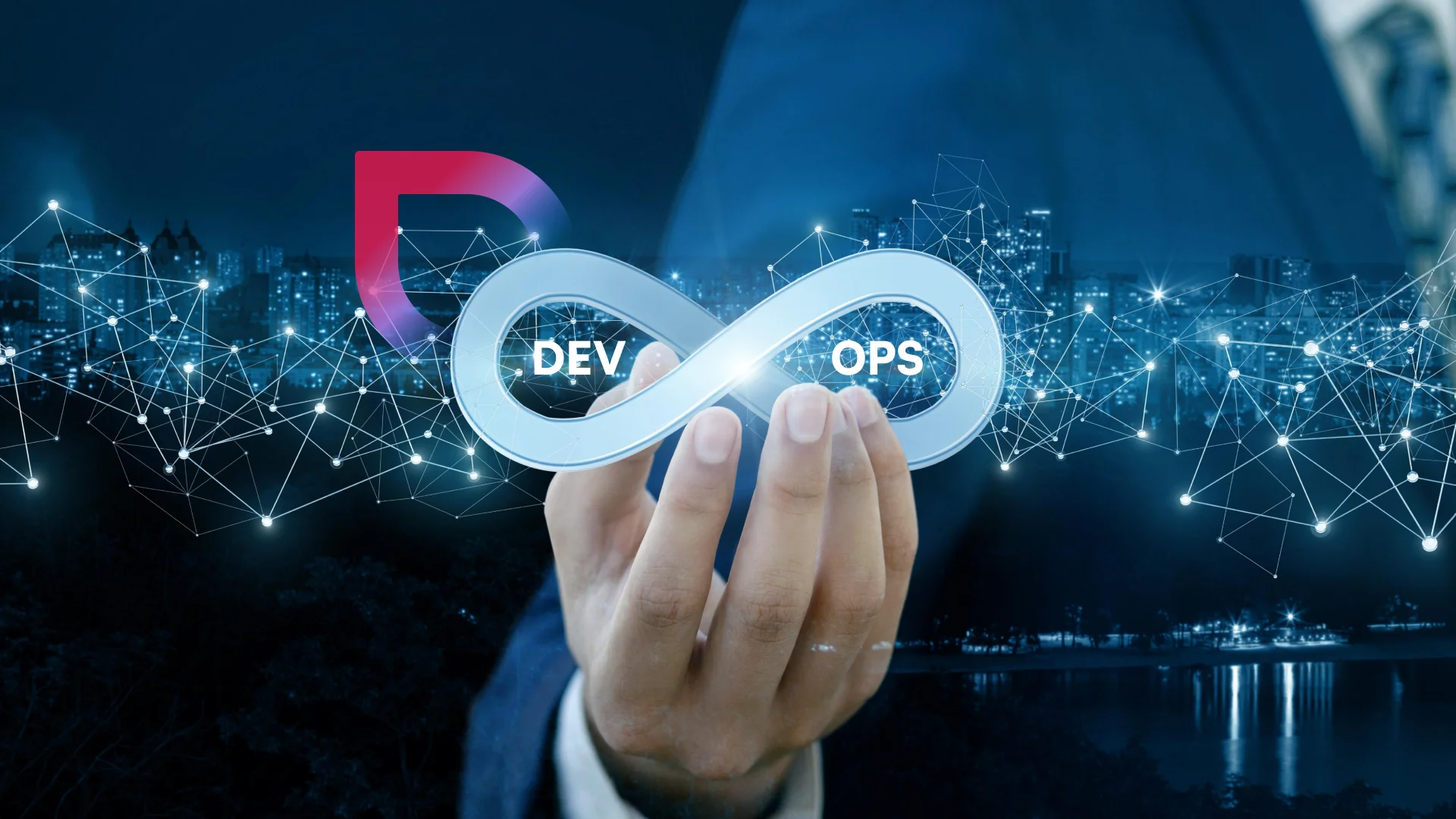
Conclusion:
DevOps is a powerful practice that can revolutionize software development and operations. By following this roadmap and dedicating yourself to mastering the tools and techniques, you’ll be ready to take on the challenges of DevOps in 2025. Whether you're a beginner or an advanced professional, the key is to stay updated and continuously improve your skills.
Stay curious, and happy coding! 🎉🚀
Subscribe to my newsletter
Read articles from Lakshay Dhoundiyal directly inside your inbox. Subscribe to the newsletter, and don't miss out.
Written by

Lakshay Dhoundiyal
Lakshay Dhoundiyal
Being an Electronics graduate and an India Book of Records holder, I bring a unique blend of expertise to the tech realm. My passion lies in full-stack development and ethical hacking, where I continuously strive to innovate and secure digital landscapes. At Hashnode, I aim to share my insights, experiences, and discoveries through tech blogs.